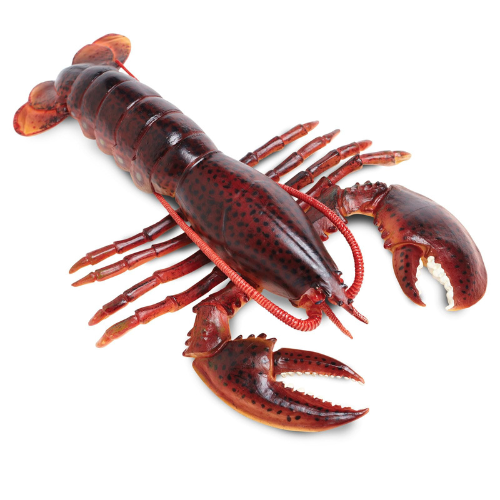Australia and China are set to end their long-running dispute over lobsters. On October 10, 2024, Australia’s Prime Minister, Anthony Albanese, announced that China would lift its sanctions on Australian lobster imports. This decision came after Albanese met with Chinese Premier Li Qiang in Laos, where the two leaders discussed restoring full lobster trade between their countries. According to Albanese, they agreed on a plan to resume the lobster trade by the end of this year, marking the end of a years-long disagreement between the two nations.
The conflict over lobsters was not just about seafood. It was part of a larger political and trade argument between Australia and China. In 2017, China started putting tariffs, or extra taxes, on many Australian exports, including wine, timber, and lobsters. These sanctions have hurt Australia’s economy, affecting goods worth about 15 billion US dollars. The lifting of the lobster ban is one of the last steps in easing tensions between the two countries.
Why Were Lobsters Part of the Dispute?
The lobster trade is incredibly important to Australia. Each year, it is worth about 500 million US dollars. Australia sends many of these lobsters to China, where they are highly prized and often eaten at special occasions like weddings or during Chinese New Year. Before the sanctions, China was Australia’s biggest market for lobsters. When China put a stop to this trade, it hurt many Australian businesses that relied on lobster exports to China.
But this lobster trade ban wasn’t just about seafood. It happened when relations between Australia and China were getting worse. China and Australia had started disagreeing on several key issues. For example, in 2018, Australia decided to block the Chinese company Huawei from helping build Australia’s 5G internet network. Australia was worried that Huawei’s involvement could allow China to spy on them. Then, in 2020, Australia called for an investigation into the origins of the COVID-19 pandemic, which made China even angrier.
US Secretary Antony Blinken Warns China in ASEAN Meeting Over Dangerous Actions in Disputed Sea
In response, China imposed high taxes on several Australian products, including wine, barley, and lobsters. While China denied that these sanctions were punishment for Australia’s actions, the timing of the sanctions made many people think otherwise. As a result, for several years, Australian exporters struggled to find new markets for their goods. The lobsters that used to go to China ended up being sold in smaller markets, often for much lower prices.
Trade Tensions Around the World
While Australia and China have been slowly repairing their relationship, China is now facing trade disputes with other countries. China’s trade war with Europe and the United States is becoming more intense. These countries have been placing tariffs on Chinese goods like electric vehicles, solar panels, and semiconductors. The reason behind these tariffs is competition: Europe and the US want to protect their industries from cheaper Chinese products. For example, China has been making and selling electric cars at much lower prices than European and American companies. To make sure their own industries don’t lose out, these countries have added tariffs to Chinese products to make them more expensive.
China’s deepening trade conflicts with Europe and the US have made it more important for the country to restore its relationship with other trading partners, like Australia. For years, China and Australia were strong trading partners. China relied on Australia for important resources like iron ore, coal, and agricultural products, while Australia sent much of its wine, barley, seafood, and other goods to China.
Now that China and Australia are starting to fix their trade ties, both countries stand to benefit. Australia will be able to send lobsters, wine, and other products back to China without the high tariffs, which will help businesses that were struggling during the ban. China, on the other hand, will have access to Australian goods once again, which are in demand by many Chinese consumers.
Though the lobster ban is ending, this trade spat highlights how quickly political tensions can affect global trade. When governments disagree, it’s often businesses and workers who feel the impact the most. In this case, Australia’s lobster industry has had to deal with huge losses over the last few years, but the lifting of the ban means that they can finally start selling to their biggest market once again.


